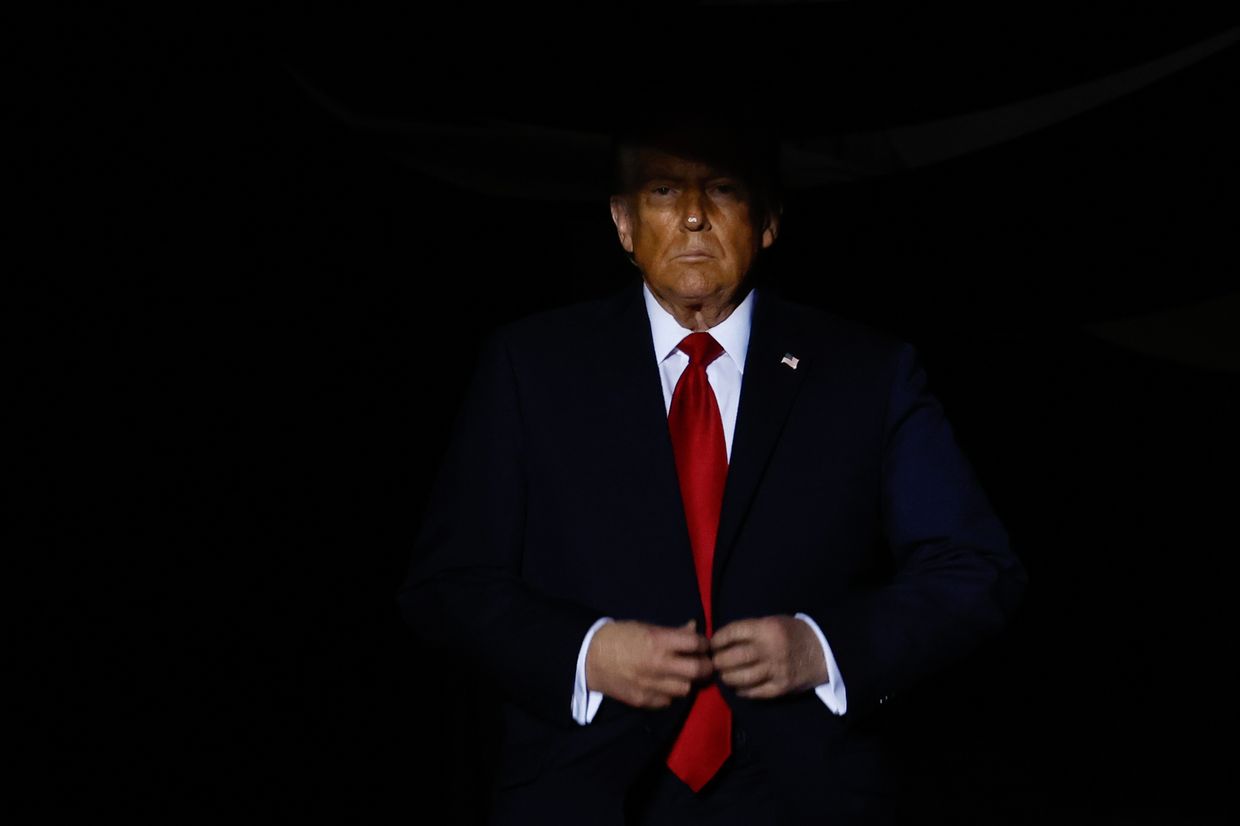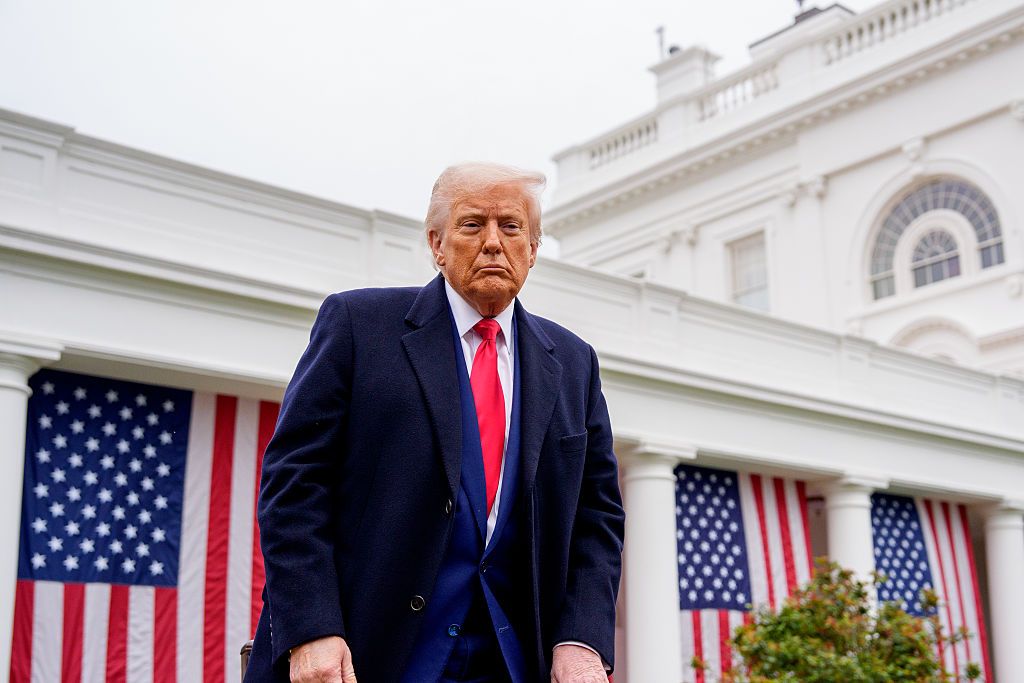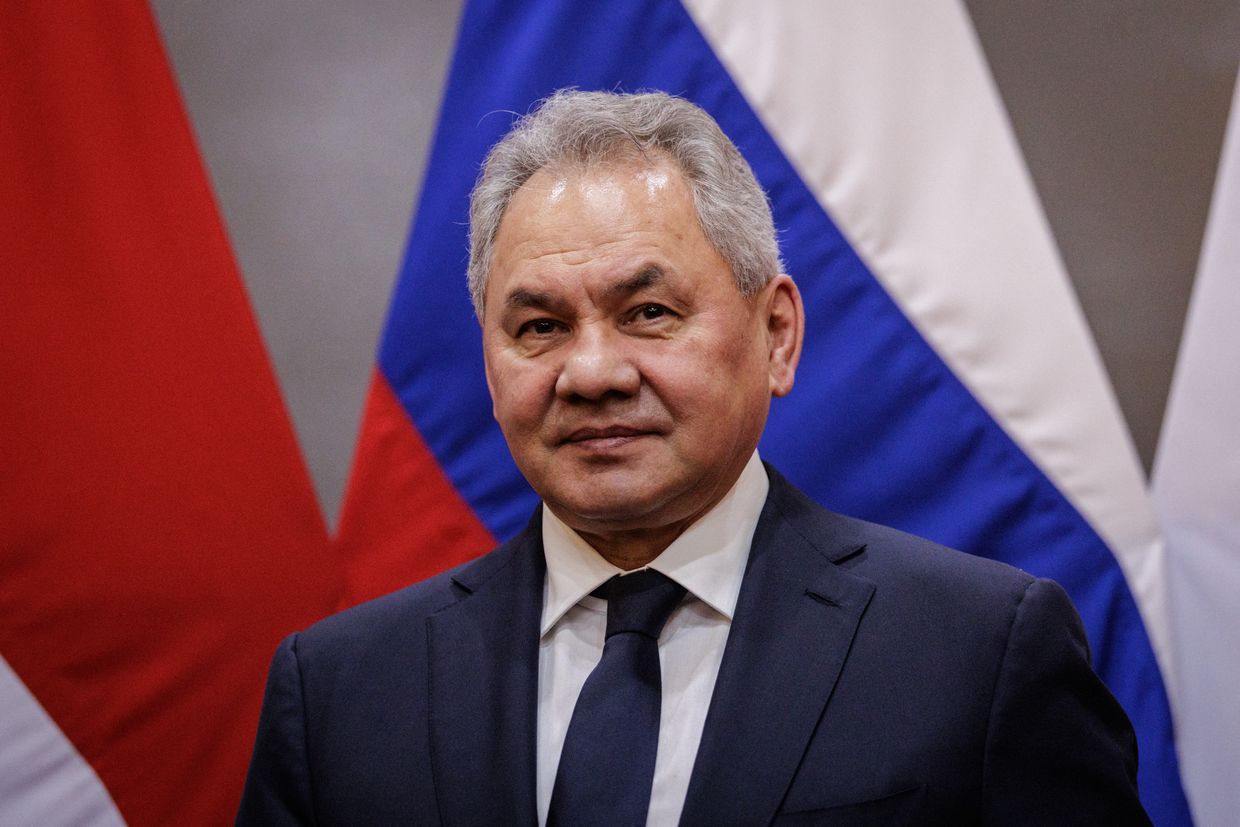Peter Szijjarto's announcement came after Ukraine's Security Service (SBU) allegedly dismantled a Hungarian military intelligence network operating in Zakarpattia Oblast.
The approval marks a key step in international efforts to hold Moscow accountable for what is considered the gravest violation of international law committed against Ukraine.
Although Moscow declared on April 28 that it would halt all military actions from May 8 to midnight on May 11 to mark Victory Day, strikes on civilian areas have continued.
Under Soviet dictator Joseph Stalin's rule, millions of Ukrainians died during the Holodomor, a man-made famine in 1932–1933. The dictator also oversaw mass deportations, purges of Ukrainian intellectuals and leaders, and the suppression of the Ukrainian language and culture.
According to the Security Service of Ukraine (SBU), this marks the first time Ukrainian authorities have exposed a Hungarian military intelligence network conducting activities harmful to Ukraine.
Delegations from 35 countries and the Council of Europe gathered in Lviv as EU officials prepare to approve both new defense aid and steps toward establishing a tribunal for Russian leadership.
The ruling marks a significant victory for RFE/RL amid growing concerns about U.S. funding cuts to independent media countering Russian disinformation.
U.S. Cardinal Robert Prevost was elected the new pope and leader of the Roman Catholic Church on Thursday, taking the name Pope Leo XIV, a senior cardinal announced on May 8 to crowds gathered in St. Peter’s Square, according to Vatican News.
George Simion, leader of Romania's far-right AUR party, who won the first round of the presidential election with nearly 40% of the vote, reiterated that if elected, he would oppose any further assistance to Ukraine and shift Romania’s focus inward.
Russian President Vladimir Putin and Chinese President Xi Jinping hailed their countries' relationship on May 8, vowing to increase cooperation in all areas, including military ties.
"There is Turkey, which maintains channels of communication. And then, above all, there is the People's Republic of China, which, more than anyone else, has the means to make (Russian President Vladimir) Putin come to the negotiating table and soften his demands," Polish Foreign Minister Radoslaw Sikorski said on May 8.
The United States will be ready to "walk away" from the negotiating table if it does not see Russia making progress in negotiation to end the war, U.S. Vice President JD Vance told Fox News on May 8.
'I don’t like the bombing' — Trump responds to Russia-Ukraine peace talks question

U.S. President Donald Trump reiterated his call for a ceasefire in the Russia-Ukraine war on April 6, urging Russian President Vladimir Putin to stop the violence.
"We are talking to Russia. We would like them to stop," Trump told reporters onboard Air Force One. "I don’t like the bombing, the bombing goes on and on, and every week thousands of young people being killed."
His comments came after President Volodymyr Zelensky renewed his plea for a decisive response from the U.S. following Russia's continuous attacks against Ukraine.
Ukraine has already agreed to a U.S.-proposed full 30-day ceasefire, saying on March 11 that Kyiv is ready to take such a step if Russia also agrees to the terms. So far, Russia has refused.
"Putin does not want to end the war, he is looking for ways to preserve the option of reigniting it at any moment, with even greater force," Zelensky said in his evening address on April 6.
"That’s exactly why all forms of pressure on Russia must continue: strengthening our ability to defend ourselves, maintaining sanctions, and ensuring that diplomacy – any conversation with Moscow – leaves them no opportunity to kill."
Zelensky added that Ukraine awaits a response from the United States – "none has come so far – and we also expect a response from all in Europe and around the world who truly want peace."
Zelensky's address followed Russia's latest mass attack against Ukraine overnight on April 6. Russian forces launched 23 missiles and 109 drones at Ukraine, targeting Kyiv, Sumy, Kharkiv, Khmelnytskyi, Cherkasy, and Mykolaiv oblasts, Ukraine's Air Force reported.
Kyiv authorities confirmed one death and three injuries from the overnight attack.
French President Emmanuel Macron also joined the push for a ceasefire. "While Ukraine accepted President Trump's proposal for a complete and unconditional ceasefire for 30 days nearly a month ago, while we are working with all our partners on ways to secure peace, Russia continues the war with renewed intensity, showing no regard for civilians," Macron said on X.
"These Russian strikes must stop. A ceasefire must be reached as soon as possible. And strong action must follow if Russia continues to stall and reject peace," Macron added.
In the meantime, Kremlin negotiator Kirill Dmitriev announced on April 6 that new contacts between Russia and the United States could take place as early as next week.
In an interview with Russia’s state-controlled TV Channel One, Dmitriev expressed "cautious optimism" about the renewed diplomatic engagement and emphasized the importance of restoring bilateral ties.

Most Popular

After Russia's deadly attack on Kyiv, Vance reposts denunciation of Zelensky

Ukraine, Europe's ceasefire proposal includes US security guarantees, no recognition of Crimea, Reuters reports

After 3 years of full-scale war in Ukraine, Europe announces plan to ban all Russian gas imports

Shoigu threatens Europe with nuclear weapons if Russia is faced with 'unfriendly actions'

Journalist Roshchyna's body missing organs after Russian captivity, investigation says
Editors' Picks

How medics of Ukraine’s 3rd Assault Brigade deal with horrors of drone warfare

As Russia trains abducted children for war, Ukraine fights uphill battle to bring them home

'I just hate the Russians' — Kyiv district recovers from drone strike as ceasefire remains elusive



